
Home Automation in 2025: The Smart Home Ecosystem
Introduction to Home Automation
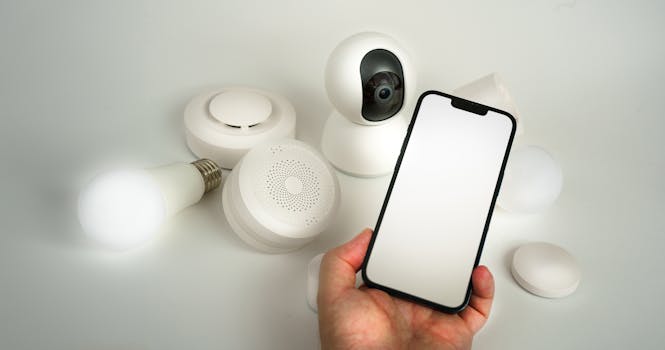
Home Automation in 2025: The Smart Home Ecosystem is revolutionizing the way we live and interact with our living spaces. With the integration of artificial intelligence, internet of things (IoT), and machine learning, home automation has become an essential aspect of modern living. In this article, we will explore the latest advancements in home automation and how they are transforming the way we live and interact with our living spaces.
How Home Automation Works
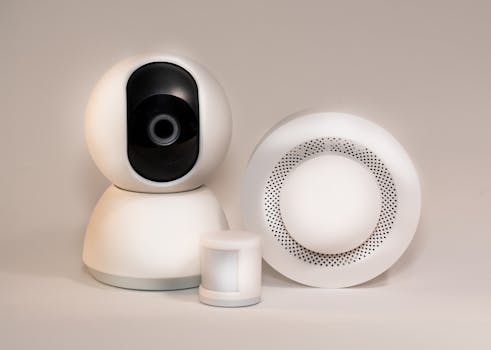
Home automation systems use a network of devices, sensors, and controllers to automate and control various aspects of a home. These devices can be controlled remotely using a smartphone app or voice commands, allowing homeowners to monitor and control their home’s temperature, lighting, security, and entertainment systems from anywhere. The use of IoT devices, such as smart thermostats, smart lighting, and smart security cameras, has made it possible to create a seamless and connected living experience.
Benefits of Home Automation
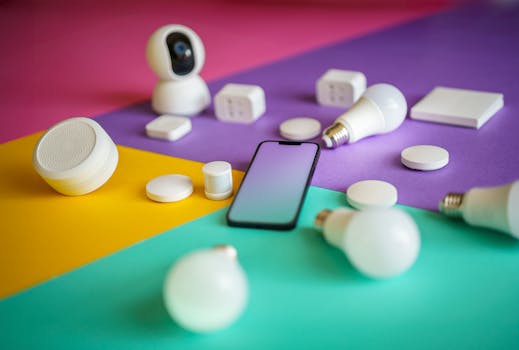
The benefits of home automation are numerous. Some of the most significant advantages include increased convenience, energy efficiency, and enhanced security. With home automation, homeowners can control their home’s systems with ease, receive notifications and alerts, and monitor their home’s energy usage in real-time. Additionally, home automation systems can learn a homeowner’s preferences and adjust the lighting, temperature, and entertainment systems accordingly, creating a personalized living experience.
Smart Home Devices
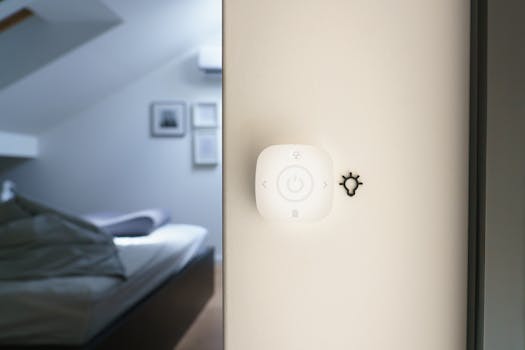
Smart home devices are an essential part of the home automation ecosystem. Some of the most popular smart home devices include smart speakers, smart thermostats, smart lighting, and smart security cameras. These devices can be integrated with other smart devices and systems, creating a comprehensive and connected living experience. For example, a smart speaker can be used to control the lighting, temperature, and entertainment systems, while a smart security camera can be used to monitor the home and receive alerts and notifications.
Artificial Intelligence in Home Automation
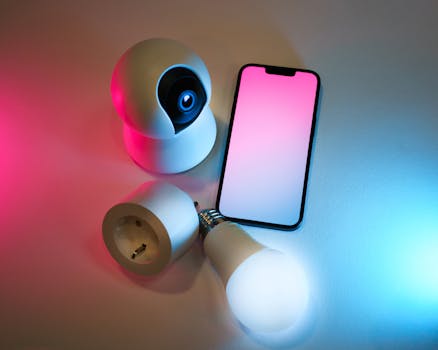
Artificial intelligence (AI) is playing a significant role in the development of home automation systems. AI-powered home automation systems can learn a homeowner’s preferences and adjust the lighting, temperature, and entertainment systems accordingly. AI can also be used to detect and prevent security breaches, as well as to optimize energy usage and reduce waste. Additionally, AI-powered virtual assistants, such as Alexa and Google Assistant, can be integrated with home automation systems, allowing homeowners to control their home’s systems using voice commands.
Conclusion
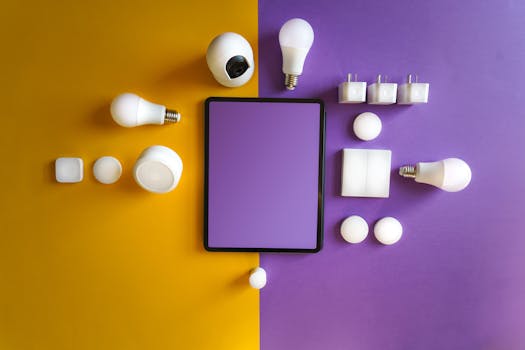
In conclusion, home automation in 2025 is transforming the way we live and interact with our living spaces. With the integration of artificial intelligence, IoT, and machine learning, home automation systems are becoming increasingly sophisticated and connected. As the technology continues to evolve, we can expect to see even more innovative and integrated home automation solutions that enhance our living experience and make our lives easier, more convenient, and more enjoyable.






